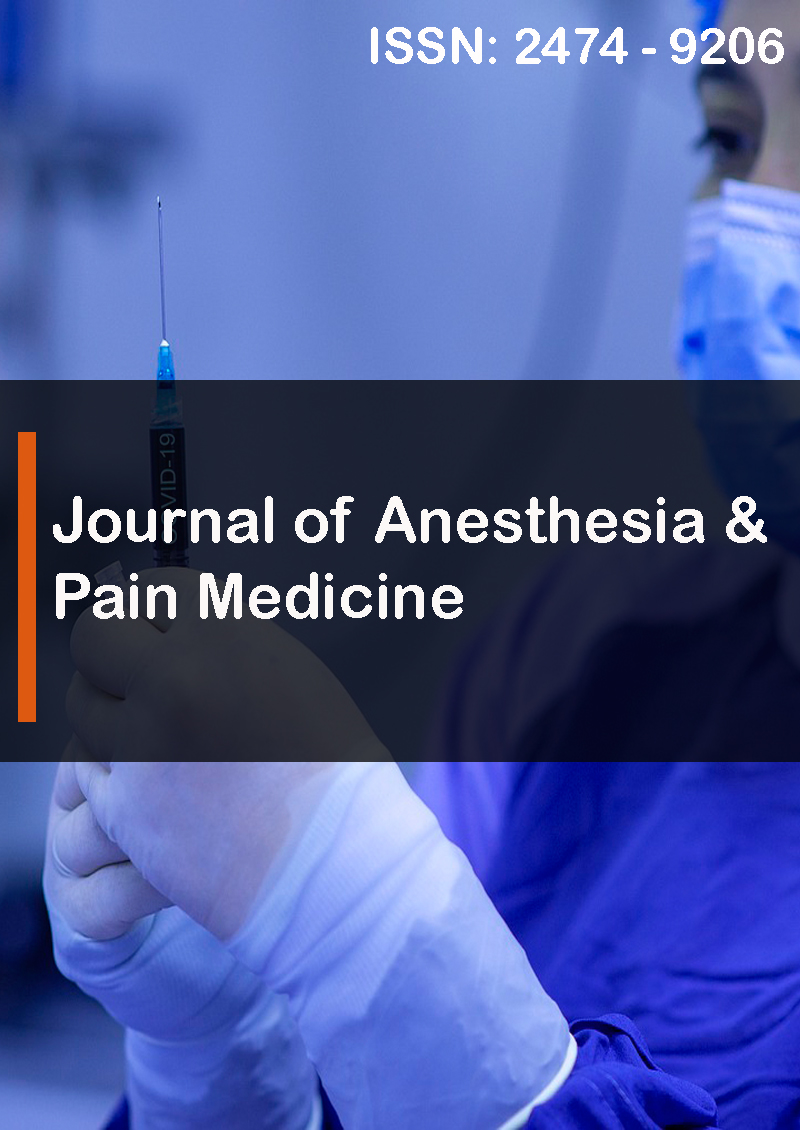Epigallocatechin-3-Gallate (EGCG) as a potential therapeutic against cardiovascular disease risk in mice
Abstract
Emmanuel Banzubaze, Julius Mulindwa, Silver Ochwo, Eddie Wampande
Objective: Research is focused on cardiovascular disease (CVD). CVD is the leading cause of death in the world and remains one of the major diseases strongly affected by diet and sedentary lifestyle. CVD is a class of diseases relates to the heart and or blood vessels that include, stroke, heart failure, hypertension, coronary artery disease, peripheral artery disease, and atherosclerosis caused partly due to dyslipidemia. The aim of this study was to determine the potential effect of epigallacatechin-3-gallate (EGCG) on blood lipid and glucose profiles in mice exposed to conditions that lead to CVD. Groups of male mice were subjected to different diet (standard fat diet, high fat diet and low-fat diet), exercise (voluntary, chronic and sedentary lifestyle) and EGCG supplementation. EGCG powder was dissolved in 4 ml of drinking water to deliver a daily dose of 30 mg/kg. Mice were anesthetized with isoflurane (Abbott, Cham, Switzerland) 2% (v/v) in a 20% O2 and 80% air mixture by inhalation in a closed container, then euthanized by manual cervical dislocation and were put on the animal's bed for a blood sample from the cardiac puncture. Blood was collected for lipid profiles and glucose analysis. The data was analyzed using a multi variate approach including one-way analysis of variance test (one-way ANOVA), Tukey –Kramer multiple comparison test and pairwise correlation analysis was used to determine the significance between control and treated groups.
Results: The mice subjected to high-fat diet (Anova p-value = 0.00) and sedentary lifestyle (Anova p-value = 0.00) showed elevated levels for total cholesterol, low density lipoprotein’s cholesterol, triglycerides and glucose. EGCG supplementation in mice undergoing high fat diet and sedentary lifestyle resulted in a significant reduction in the lipid profiles and blood glucose (Anova p-value = 0.00). Our study showed that a high fat diet and a sedentary lifestyle predispose to hyperlipidemia and high blood glucose levels in mice and also proved that EGCG fed to hyperlipidemia mice reduces lipid levels in blood.



